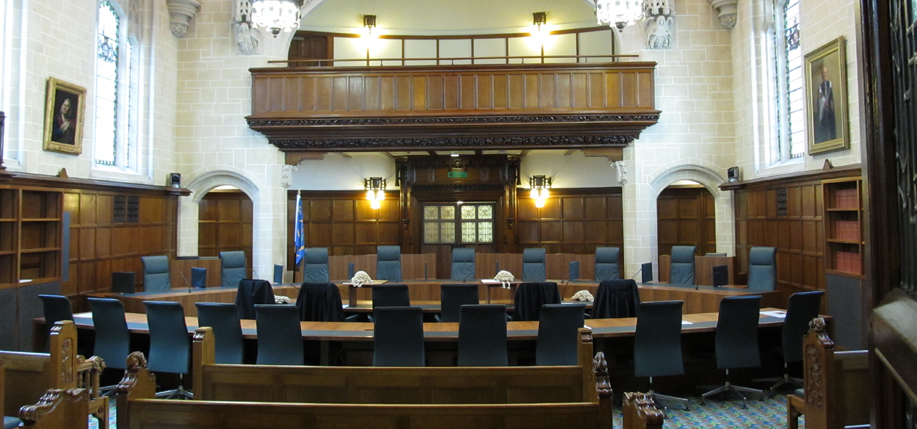The U.K. Supreme Court’s recent ruling in a Malaysian civil rights case has caused dramatic repercussions for Northern Ireland. Families of victims of the Batang Kali massacre were pursuing action against the British government under Article 2 of the European Convention of Human Rights, which forbids any governmental force from intentionally killing civilians and requires that any doubt in intention be investigated.
The Batang Kali massacre occurred in December of 1948, during the Malayan Emergency (so termed by the British government for insurance purposes), a guerrilla war fought over 12 years between the British Commonwealth forces and the Malayan National Liberation Army. British troops surrounding a rubber plantation in Batang Kali, a town less than 50km north of Kuala Lumpur, allegedly seeking out insurgents, and separated the men from the women and children. The troops then shot dead 24 unarmed men in front of their families.
Last November, Lord David Neuberger, the Supreme Court’s president, ruled that the massacre occurred too long ago to be the subject of public inquiry. He then officially declared 1966 as the earliest cutoff year for any historic investigations into deaths that British forces may have caused intentionally. While the ruling is a disappointment for the families of the Batang Kali victims, who have struggled for decades to have the case heard, it offers the potential for justice in the hundreds of unsolved deaths that occurred during the Troubles in Northern Ireland.
As the Troubles-related violence was arguably only beginning in 1966, potentially all of the unsolved deaths (over half of which were civilians) at the hands of British forces must now potentially be publicly investigated and tried. ♦
Civil Rights Ruling on Malaysian Massacre Has Implications for N.I.


Leave a Reply